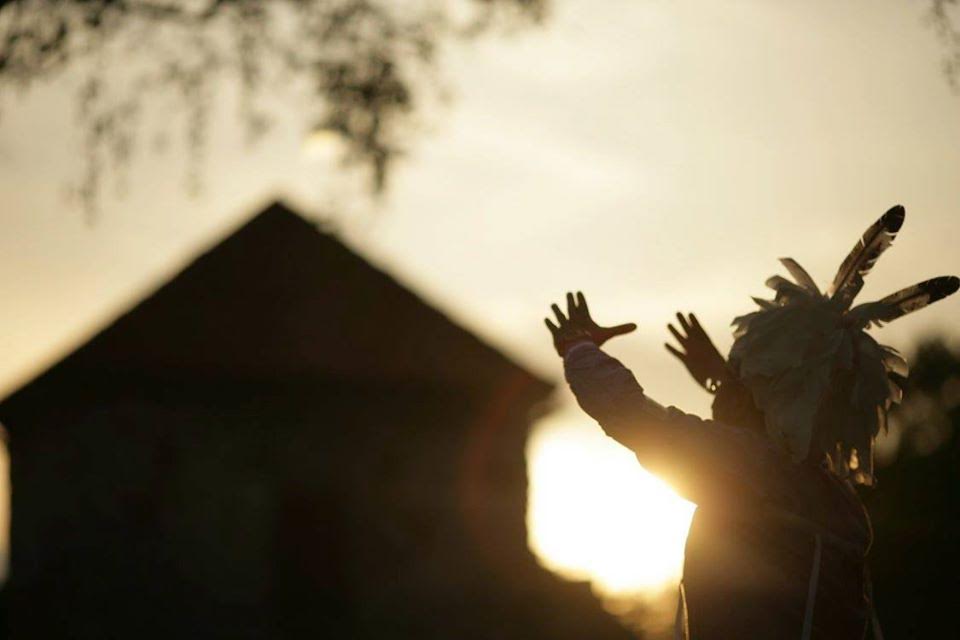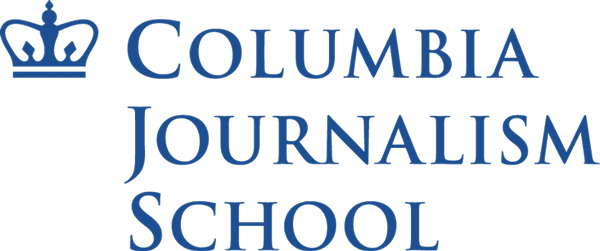
(Credit: Perry Ground)
On April 8, New Yorkers will wear their funky special glasses, and maybe get some popcorn as they prepare to look skyward as the moon swallows the sun in a total solar eclipse. But these are markers of modern life. And eclipses come with centuries-old traditions.
In conversation with educator Perry Ground, Giulia Leo brings us an ancient eclipse story from the Haudenosaunee people, a Native American Confederacy that Ground is part of and whose traditional lands span over what some of us now call New York State.
John Steele, a Brown professor, and David Bentley Hart, a writer, connect the beliefs of the Haudenosaunee people and other Native American communities to early accounts of eclipses from around the world. For example, in Middle-Ages-England, eclipses were considered a bad omen and often symbolized an upcoming crisis. Similarly, on the other side of the world, in ancient China and Babylonia people related eclipses to a sense of doom. They interpreted the brief period of darkness as an animal or demon trying to eat the sun, a belief also shared among the Cherokee people.
Listen to this story:
About the author(s)
Giulia Leo, originally from Bari, Italy, is a reporter and audio producer at the Columbia Journalism School.



